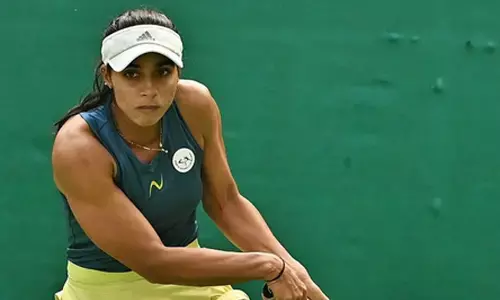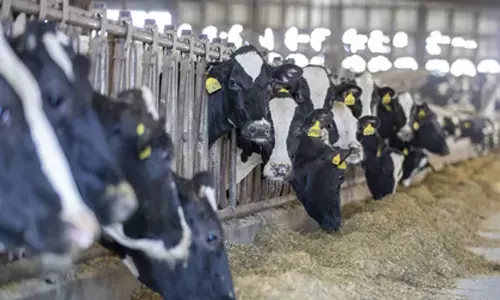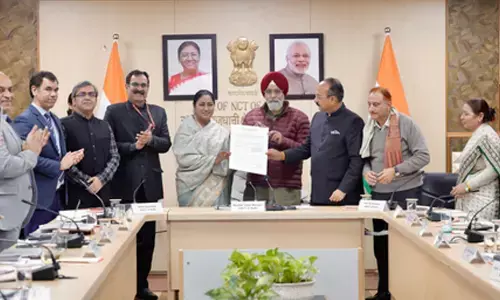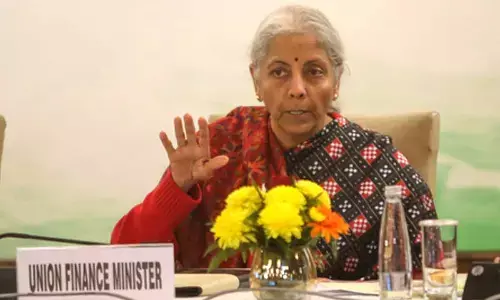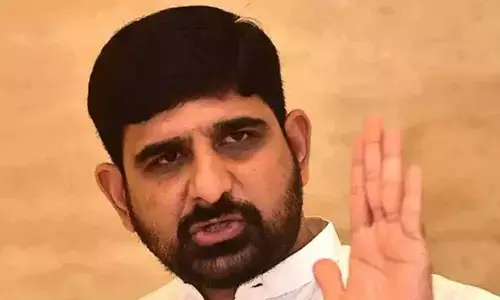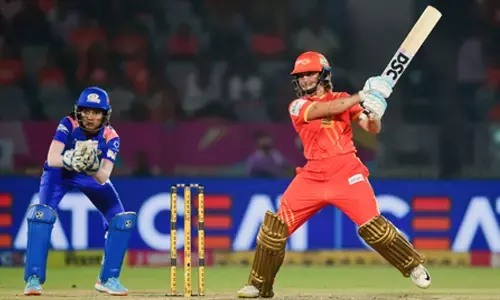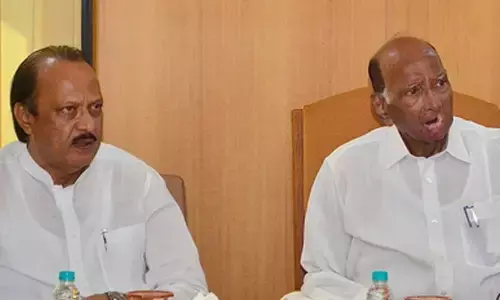Political parties need to be more balanced and patient
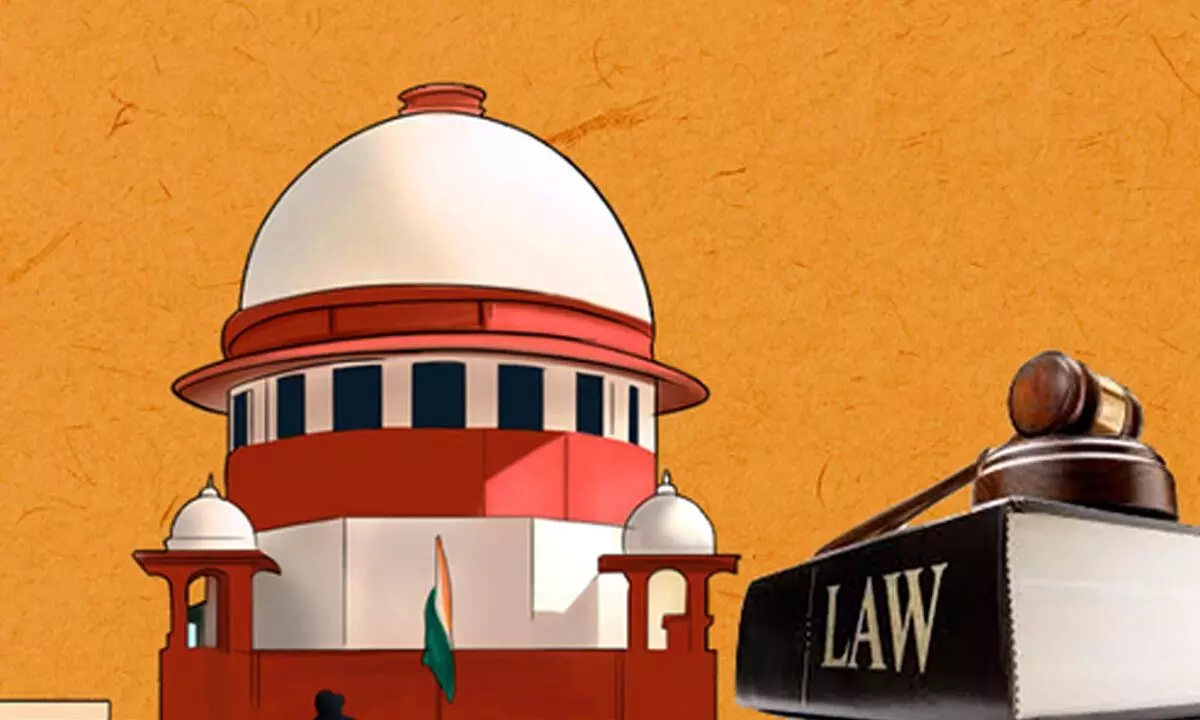
Supreme Court of India
Religion and politics cannot be allowed to mix,” the Supreme Court said on Monday while hearing three petitions over allegations that animal fat was found in the ghee used to make the laddus at Tirumala temple.
“Religion and politics cannot be allowed to mix,” the Supreme Court said on Monday while hearing three petitions over allegations that animal fat was found in the ghee used to make the laddus at Tirumala temple.
In a series of pointed questions and sharp observations, the top court underlined the lack of definitive proof of contamination of ghee or, if it was indeed contaminated, that the affected ghee was used to make the laddus. The court also pointed to an ongoing inquiry and a ‘false positive’ testing caveat.“When you (the Chief Minister) hold a Constitutional post... we expect Gods to be kept away from politics. If you had already ordered (an) investigation, what was the need to go to the press?
These comments have led to another round of slugfest between the political parties particularly the YSRCP and the alliance partners. While the YSRCP is going to town saying that the court had admonished the Chief Minister N Chandrababu Naidu and vindicated the stand of their leader Y S Jaganmohan Reddy, many from the legal fraternity say that political parties should learn to be more balanced and show some patience. It is natural for any judge to ask questions during the hearing based on the material that is placed before him.
Unless the judges dealing with the case are clear about the details of the case how could one do justice, they ask. In fact in the past the apex court had once even said that it would be better if the media too refrains from using the comments or the observations of the judges and wait for the final verdict.
But then our political system is such that no one has the patience to wait till the end. We don’t even have the patience to wait for the movie to end and national anthem to play, we start moving out of theatre couple of minutes before the End card is seen on the screen. With social media having become overenthusiastic with no control, things are going from bad to worse. Throw mud, post all kinds of comments against each other which most of the time are nauseating.
Some leaders like the AP BJP state president D Purandeswari raised a pertinent issue. She wondered if courts can ask a CM why did speak so? Courts generally examine the policies, their constitutional validity whether rules are being implemented properly or not. But commenting on CMs public statement is something that needs to be looked into. A leader like Naidu would speak only when he has recorded evidence. It is an issue of sentiment also, she felt.
But one thing which everyone perhaps even the courts need to look into is why not seek the help of chemical analysts to get a scientific opinion on the so called disclaimers that are mentioned in the NDDB report on adulteration of ghee instead of asking whether the laddu was sent for analysis or not.
They feel that laddus contain several ingredients and lakhs of laddus are manufactured in a day. Ghee is used as a cementing agent. Hence the question should be was the alleged adulteration ghee used in manufacture of the laddus or not.
One does not know in what direction the issue will finally take but once again the demand from making temples free from the control of Endowments departments across the country is gaining momentum. It is pertinent to note that in the post Independence era, at least 11 states had enacted their own laws.
The petitioners argue that why only Hindu temples should be controlled by government remains very much relevant.
But then there are some who argue that will there be any guarantee that if temples are managed by private managements would be free from corruption, well the next question would be are the temples managed by Government free from corruption? Definitely not.
But then there are many good examples like the Satya Sai Trust in Puttaparthi, the Esha Foundation, Art of living foundation, Brahmakumaris and so on which are developing and also serving the humanity. While moving towards 2047 with the vision of Vikasit Bharat, it is time the Centre, the State Governments and opposition ponder over this issue more than talking and crying over handful of billionaires.









